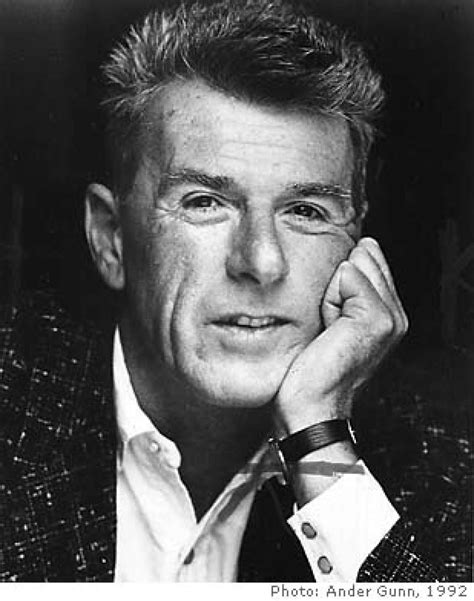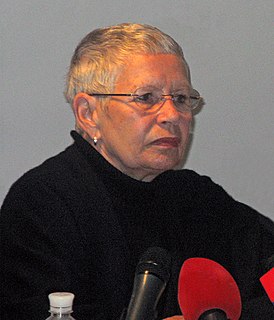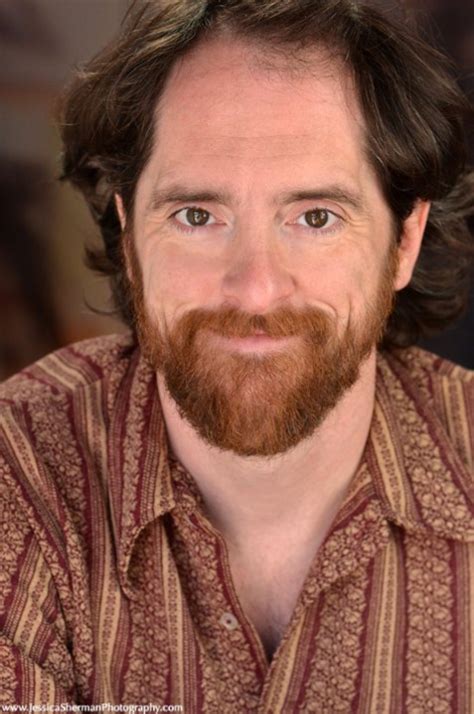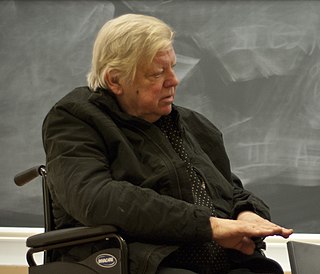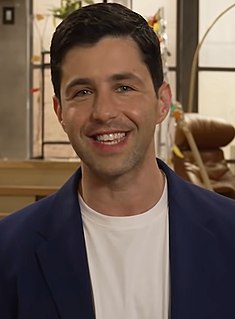A Quote by Thom Gunn
I was much influenced by Jean-Paul Sartre.
Quote Topics
Related Quotes
When [Jean-Paul] Sartre was asked whether or not he would live under a communist regime he said, "No, for others it's fine, but for me, no." He said it! So it's hard to say just how intellectual his stance is. How can you think that never in your life would you go to live in a communist regime and still say it's fine for everybody? A very difficult thing, that, but Sartre managed it.
I can't honestly say where the inspiration for my work came from. I think it came from reading. It came from texts, from Nietzsche, Schopenhauer, it came from, you know, Jean-Paul Sartre. These are the ideas that got me worked up and inspired. It wasn't so much the visual things that inspired me. Although, of course, there were plenty of painters in history that I admired all the way from Brueghel to Goya, to Picasso - because everything visual stimulates me.
When I was 15, I left school to start a magazine, and it became a success because I wouldn't take no for an answer. I remember banging on James Baldwin's door to ask for an interview when he came to England. Then I got Jean-Paul Sartre's home phone number and asked him to contribute. If I'd been 30, he might have said no, but I was a 15-year-old with passion and he was charmed. Making money was always just a side product of having a good time and creating things nobody'd seen before.
Jean-Paul Sartre said that France was freer than ever during the German occupation, when people had no choices but one: to collaborate or to resist. I'm not saying there was something good about that system. But the freest people I've ever met, or knew about, belonged to that period. For example, Musine Kokalari, an Albanian writer who dared to fight for political pluralism and free elections. She created the first social democratic party, despite knowing the high price she would have to pay.
